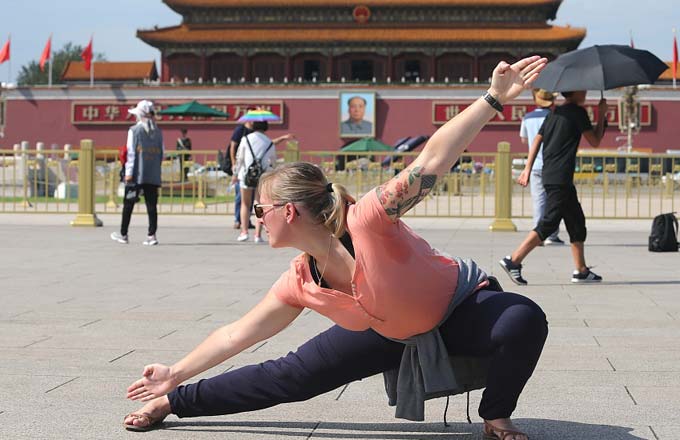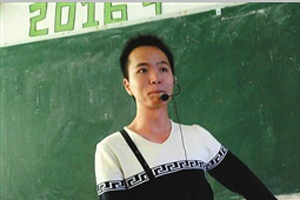Care home offers youth cheap rent in Shanghai
Young singles must volunteer time to assist with seniors at the facility
Young singles who do volunteer work at a nursing home in Shanghai, which will open next month, will be able to exchange hours for rent at the facility.
It is a groundbreaking attempt in Shanghai, as well as the country, to encourage the young generation to participate more in caring for the elderly while alleviating the heavy pressure of soaring rent, said Jin Yujun, public relations manager at Shanghai Shenyang Investment Management Co, which operates the nursing home in downtown Putuo district.
Fourteen single and double rooms-accommodating 20 young volunteers-are available in the Wangnianhui nursing home, which has room for up to 300 seniors.
The young lodgers will share a sitting room with sofas, a TV set, a refrigerator and some sports facilities.
Jin said applicants must have a strong passion for helping the elderly and commit to a certain number of volunteer hours a week.
"We're still calculating how many hours the threshold should be, and how they will be translated into rent," Jin said.
Four types of volunteer work are encouraged: accompanying the elderly to read, watch TV or walk; teaching them calligraphy, dance or sports; planning birthday parties or festival celebrations; and accompanying them to hospital for medical treatment.
Comments from the seniors will be collected to see whether the volunteers will continue to stay, she said.
"Graduates with an education in medical and psychological health will be prioritized, and those with knowledge of music or law will be preferred," Jin said.
Fang Pei'er, director of the home-based elderly care services center in Jing'an Temple community, said such volunteer work will help inspire social responsibility.
Shanghai is the first Chinese city to have an advanced aging population. Official statistics showed that by the end of last year the number of Shanghai residents age 60 or older hit 4.58 million, accounting for more than 31 percent of the city's permanent residents. Nationally, the proportion was 16.7 percent.
The number of senior residents will rise to 5.3 million by 2020, according to the Shanghai Civil Affairs Bureau.




















